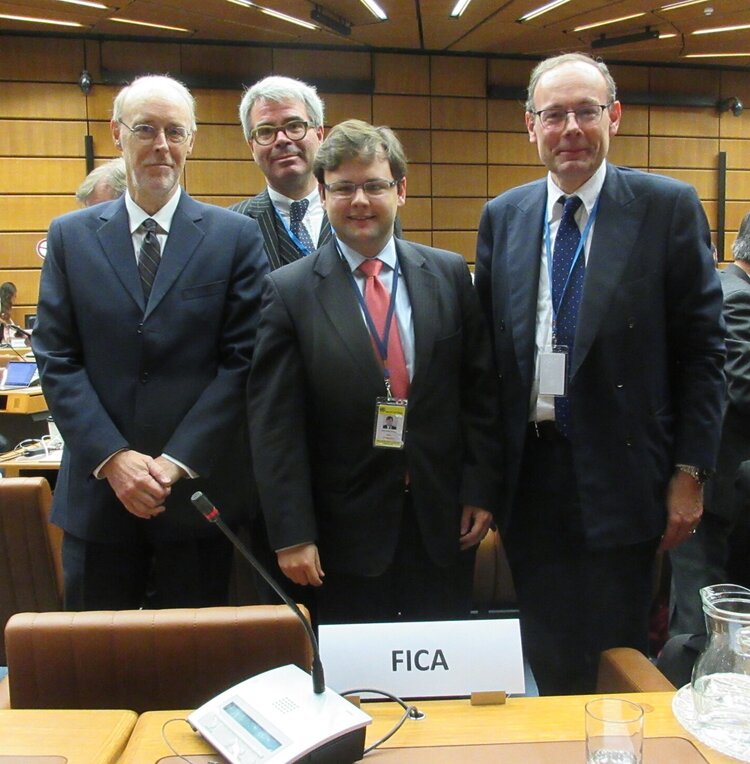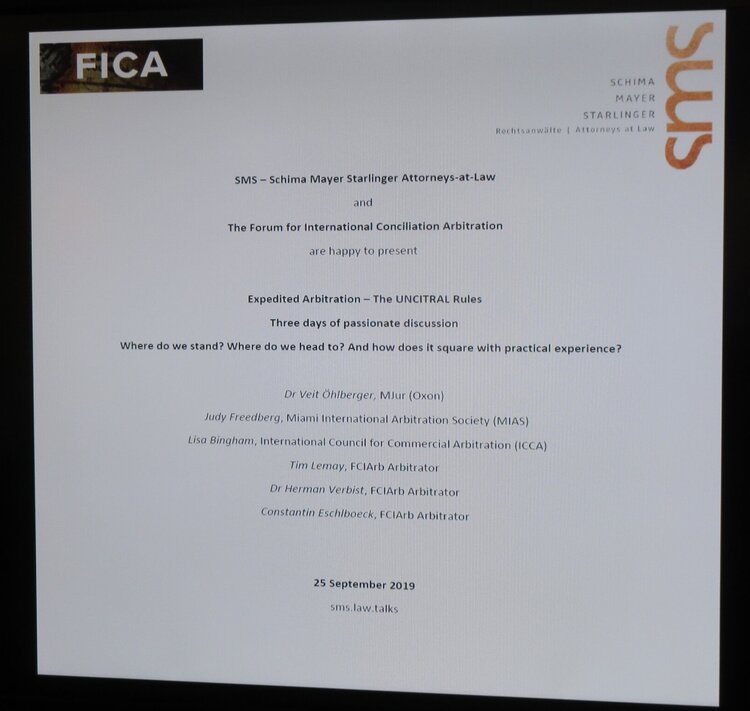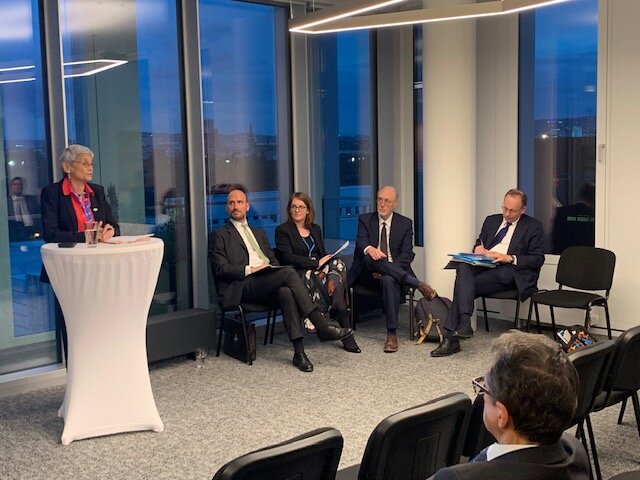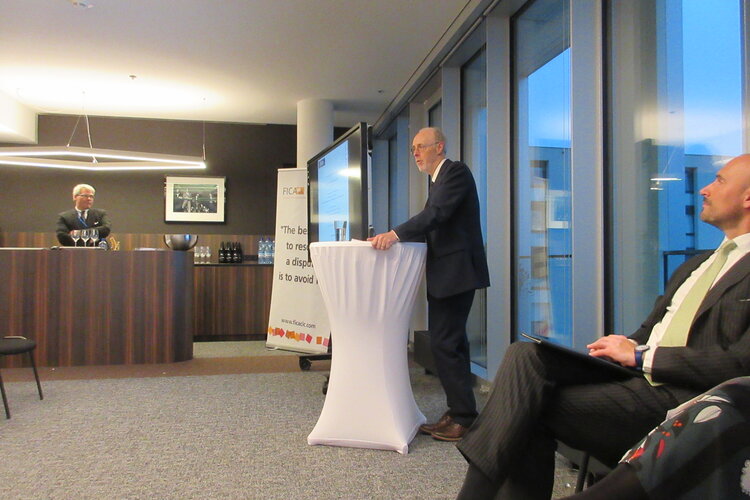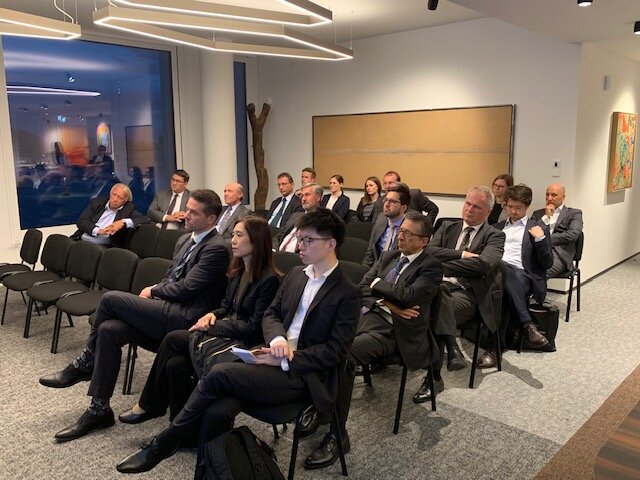Ben Beaumont and Matthew Finn of FICA recently were involved in the working group looking at Policy Lessons from Catastrophic Events by the Bennett Institute for Public Policy, University of Cambridge. The workshop report has now been published and can be accessed from the following link.
Preface
We did not need the coronavirus pandemic to teach us that in the interconnected, technically complex modern world it is easy to make policy mistakes and hard to act on lessons from the past. Still, the current crisis makes it more pressing than ever to consider why it is so hard to learn and apply the policy lessons from past catastrophes and crises.
In crisis response, such as the current context in so many countries, decision-makers face a torrent of often-conflicting advice from different areas of expertise, not synthesised, and sometimes developed in readiness for a different kind of context. One of the elements making for policy responses that later seem clearly inadequate is the regulatory framework. This sits alongside other areas affecting decision-making such as the adequacy of advance planning, information flows, the institutional context and political considerations.
Regulations in technically challenging and safety-critical domains, such as construction, power generation or mining, have accumulated piecemeal over many years. This is often the result of policy reactions to specific events or perceived needs in complex environments. A common criticism is that this accumulation of regulation does not achieve its intended aims, while imposing a large regulatory burden, just as the proliferation of advice in a crisis imposes a large attention burden. This suggests more effective regulation with greater efficiency might be possible, but there are substantial barriers to change. These barriers are high enough, in fact, that there has been a failure on the part of policymakers and regulators to learn and implement the lessons from successive crises – such as fires in tower blocks of the kind that tragically consumed Grenfell Tower in west London in 2017. And, as Bennett Institute research affiliate and former Ofcom board member Steve Unger has written for us, it is hard to sustain attention on such issues in government, once an immediate crisis has passed. A combination of optimism bias and the limitations of attention for complicated issues militate against sustained policy focus on them.
This constant failure means there is an abiding need to think more systemically about regulating and managing complexity, and yet – despite major catastrophes like the Deepwater Horizon explosion or the Grenfell Tower fire – this imperative is not being addressed. And research into policy and policy failures tends to focus on analysis rather than implementation and enforcement. The Bennett Institute was therefore pleased to host with Gill Kernick of JMJ Associates an ESRC-funded workshop bringing together people from different domains of safety practice and research backgrounds to discuss the challenge. Could an interdisciplinary group with different kinds of experience start to identify the barriers and even generate some ideas for shifting them? The challenges the group discussed have only become more urgent in subsequent weeks.
One starting point is accountability. Persistent failure to learn appropriate lessons from all sorts of previous tragedies seems to have been a problem for several decades. For instance the Institute for Government’s 2017 report on public inquiries found that of the 68 public inquiries that had taken place since 1990, only six had been fully followed-up by select committees to see what government did as a result. Checking whether inquiry recommendations have been implemented seems an obvious starting point.
Our day of discussion led to several areas of consensus, concerning both the failure to learn and ideas for ways forward. For example, organisational cultures may focus on satisfying regulations rather than delivering outcomes. In some policy environments there is a ‘blame game’ for political or legal reasons. Experts and decision-makers lack cognitive diversity, tending to come from similar social and professional backgrounds. Rule by rule decision making is unsuited to increasingly complex social and technical environments.
The participants’ views about potential ways forward, including building in following up on recommendations, are also summarised in the overview. Some of those who took part in the workshop have contributed more detailed perspectives, with suggestions for how we might learn lessons from the past. This is a debate we intend to sustain and take forward in the post-pandemic environment, building on the workshop; and we hope to hear from others who would like to contribute.
https://www.bennettinstitute.cam.ac.uk/media/uploads/files/REPORT_Policy_Lessons_from_Catastrophic_Events_-_FINAL_005.pdf
